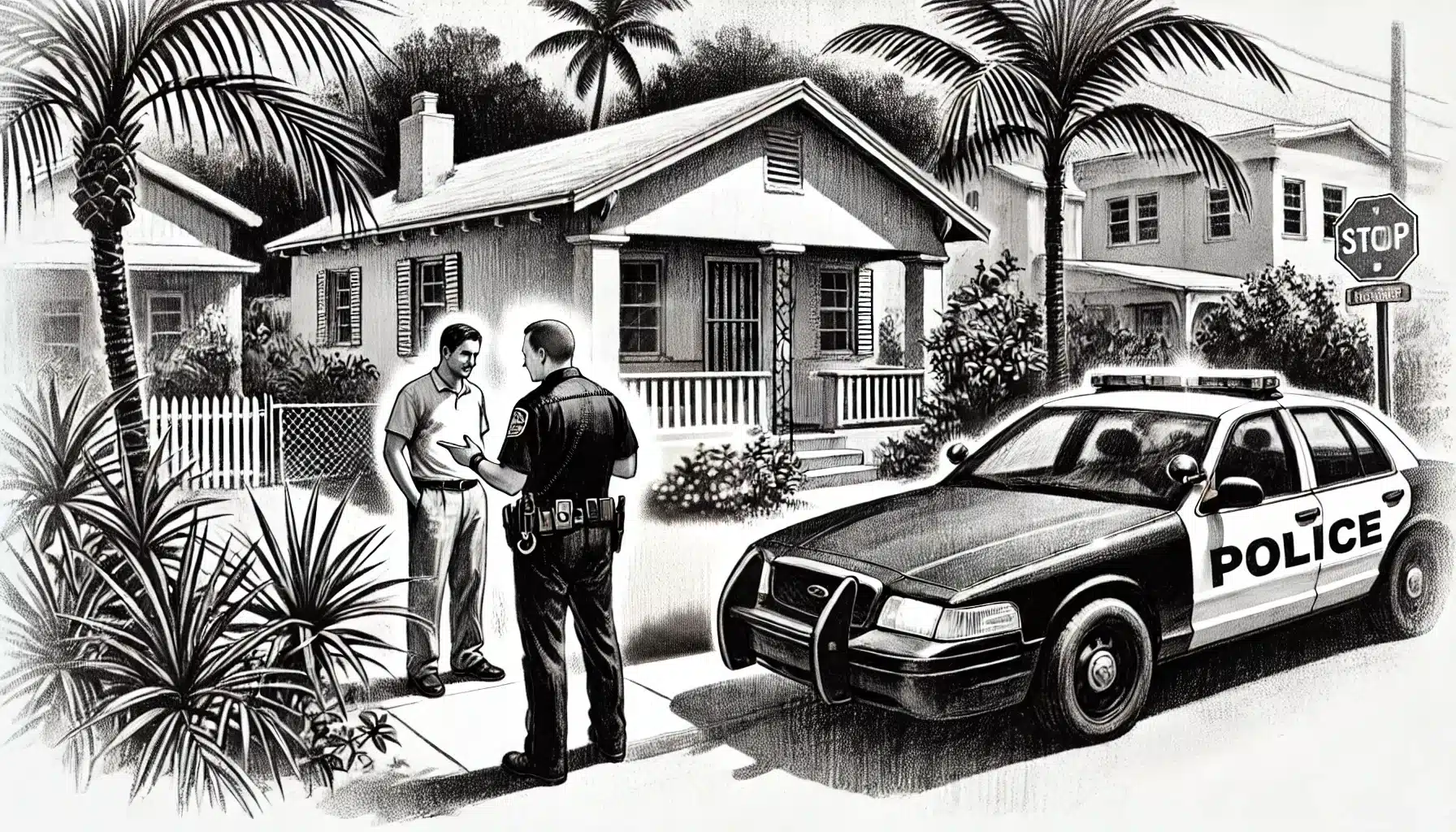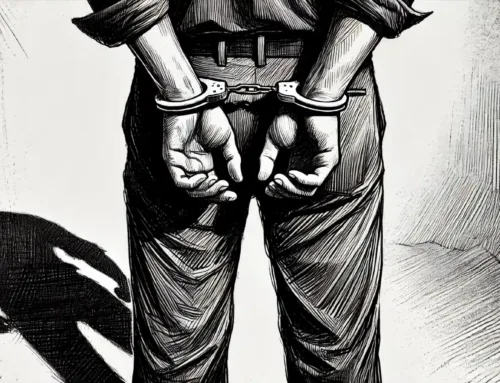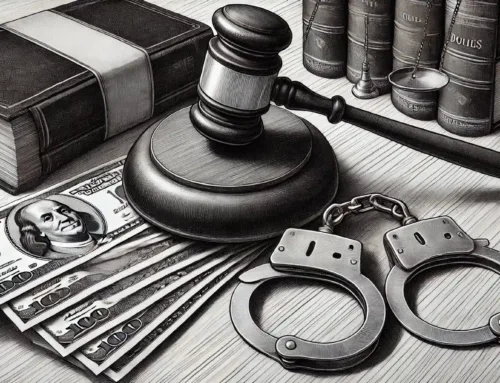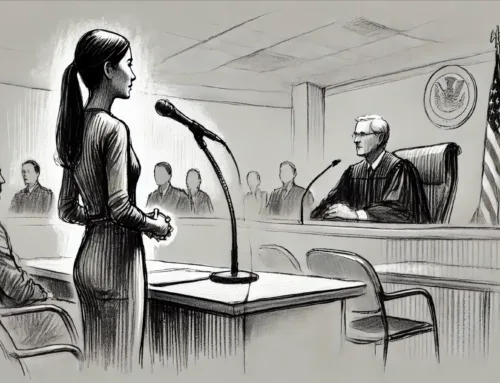When Self-Defense Leads to Domestic Violence Charges
You’re at home, minding your own business, when suddenly an argument with your partner escalates. Things get physical, and you find yourself defending against an attack. In the heat of the moment, you push back or strike out to protect yourself. The next thing you know, the police are at your door, and you’re being arrested for domestic violence. How did this happen? You were just defending yourself, right?
At The Edelstein Firm, we’ve seen this scenario play out far too often in Miami and throughout Florida. The line between self-defense and domestic violence can be frustratingly blurry, especially when law enforcement arrives on the scene. In this post, we’ll break down what you need to know about self-defense in domestic situations, how it can lead to unexpected charges, and what you can do to protect your rights.
What Constitutes Legal Self-Defense?
Under Florida Statute 776.012, you have the right to use or threaten to use force against another person if you reasonably believe it’s necessary to defend yourself against that person’s imminent use of unlawful force. This includes situations that occur in your home or any place you have a right to be.
Key elements of self-defense include:
1. Reasonable belief of imminent danger
2. Proportional use of force
3. No duty to retreat in your home (Stand Your Ground law)
However, the waters get murkier when domestic relationships are involved.
The Complicated Intersection of Self-Defense and Domestic Violence
Domestic violence cases are particularly challenging because they often involve:
1. Emotional dynamics that can cloud judgment
2. Limited or no witnesses
3. Potential for mutual combat
4. Mandatory arrest policies for law enforcement
When police respond to a domestic disturbance call, they often encounter a chaotic situation with two different stories. Unfortunately, this can lead to snap judgments that don’t always reflect the full picture.
Why You Might Be Arrested Despite Acting in Self-Defense
Several factors can contribute to a self-defense scenario turning into a domestic violence arrest:
1. Visible injuries on your partner
2. Your partner’s version of events
3. Prior history of domestic calls to your address
4. Mandatory arrest policies that require officers to make an arrest if they suspect domestic violence
It’s important to remember that an arrest doesn’t equal guilt. However, it does mean you’ll need to mount a strong defense to clear your name.
The Consequences of Domestic Violence Charges
Even if you were acting in self-defense, a domestic violence charge can have severe repercussions:
1. Potential jail time
2. Fines and court costs
3. Mandatory counseling or batterer’s intervention programs
4. Loss of firearm rights
5. Protective orders that can force you out of your home
6. Impact on child custody arrangements
7. Employment difficulties
8. Immigration consequences for non-citizens
These consequences underscore the importance of taking any domestic violence charge seriously, even if you believe you were clearly acting in self-defense.
Building Your Self-Defense Case
If you’ve been charged with domestic violence after defending yourself, it’s crucial to start building your case immediately. Here’s what we recommend:
1. Document Everything
As soon as possible, write down a detailed account of what happened. Include:
– The events leading up to the incident
– Any threats or aggressive actions by your partner
– How you tried to de-escalate the situation
– Any injuries you sustained
If you have visible injuries, photograph them immediately and continue documenting their progression over the following days.
2. Identify Potential Witnesses
Did anyone see or hear the altercation? Make a list of potential witnesses, including neighbors who might have heard the commotion.
3. Preserve Evidence
Don’t delete any text messages, voicemails, or emails related to the incident or your relationship. These could be crucial in establishing a pattern of behavior or corroborating your account.
4. Seek Medical Attention
If you sustained any injuries, no matter how minor, seek medical attention. This creates an official record of your injuries and can support your self-defense claim.
Legal Strategies for Self-Defense in Domestic Violence Cases
At The Edelstein Firm, we’ve successfully defended numerous clients who were wrongly accused of domestic violence while acting in self-defense. Here are some strategies we employ:
1. Challenging the Prosecutor’s Evidence
We meticulously examine all evidence, looking for inconsistencies in the accuser’s story or physical evidence that doesn’t align with their account.
2. Presenting a Comprehensive Self-Defense Narrative
We help you tell your story clearly and compellingly, highlighting the reasonable fear you experienced and the proportional actions you took to protect yourself.
3. Negotiating with Prosecutors
Sometimes, presenting a strong self-defense case can lead prosecutors to reduce or drop charges before trial.
5. Preparing for Trial
If your case goes to trial, we’ll be ready to present a robust defense that demonstrates your actions were justified under Florida’s self-defense laws.
The Importance of Experienced Legal Representation
Defending a domestic violence charge when you were acting in self-defense is high-stakes. The nuances of these cases require an attorney who understands both domestic violence law and self-defense principles in Florida.
At The Edelstein Firm, we have years of experience defending clients in similar situations. We know how to:
1. Effectively communicate your self-defense claim to prosecutors and judges
2. Challenge faulty evidence or biased police reports
3. Negotiate for charge reductions or dismissals when appropriate
4. Prepare a compelling case for trial if necessary
Remember, an arrest for domestic violence doesn’t have to define your future. With the right legal strategy, you can clear your name and move forward with your life.
Preventing Future Incidents
While our primary focus is on defending you against current charges, we also believe in helping our clients avoid future legal entanglements. If you find yourself in a volatile relationship, consider:
1. Seeking counseling or therapy, either individually or as a couple
2. Learning de-escalation techniques
3. Creating a safety plan if you feel you’re in danger
4. Documenting any threats or aggressive behavior
5. Reaching out to domestic violence support organizations for resources and advice
Contact The Edelstein Firm for Your Defense
If you’re facing domestic violence charges after defending yourself, don’t wait to get help. The sooner you have experienced legal representation, the better your chances of a favorable outcome.
At The Edelstein Firm, we understand the dynamics of these cases and the stress you’re under. We’re here to listen to your story, explain your options, and fight tirelessly for your rights.
CALL US NOW for a CONFIDENTIAL CONSULTATION at (305) 538-4545, or take a moment to fill out our confidential and secure intake form.* The additional details you provide will greatly assist us in responding to your inquiry.
Remember, you have the right to defend yourself. Don’t let a misunderstanding or a moment of chaos upend your entire life. Contact us today, and let’s start building your defense.
*Due to the large number of people who contact our law office requesting our assistance, it is strongly suggested that you take the time to provide us with specific details regarding your case by filling out our confidential and secure intake form. The additional details you provide will greatly assist us in responding to your inquiry promptly and appropriately.
THERE ARE THOUSANDS OF LAW FIRMS AND ATTORNEYS IN SOUTH FLORIDA. ALWAYS INVESTIGATE A LAWYER’S QUALIFICATIONS AND EXPERIENCE BEFORE MAKING A DECISION ON HIRING A CRIMINAL DEFENSE ATTORNEY ATTORNEY FOR YOUR MIAMI-DADE COUNTY CASE








